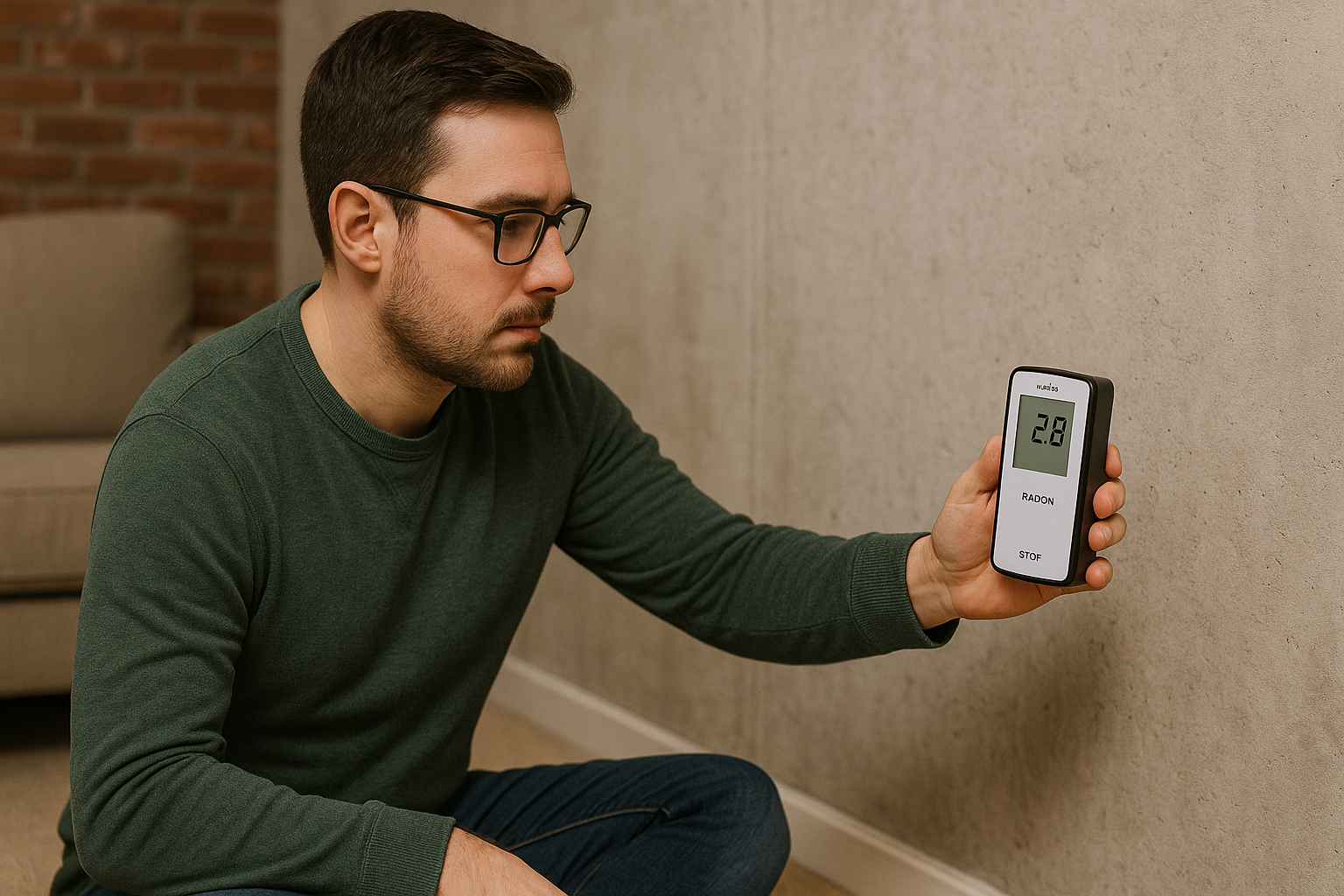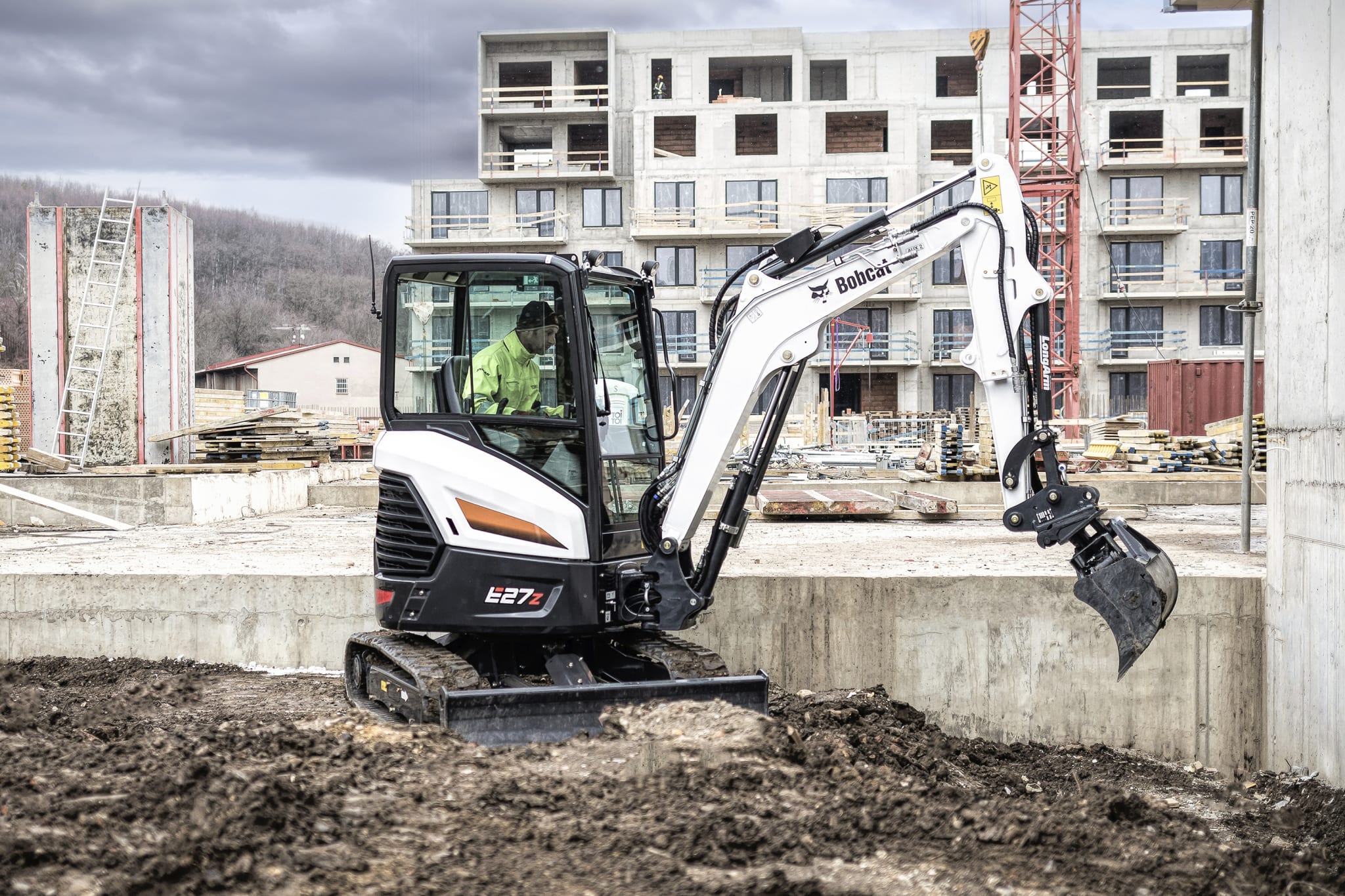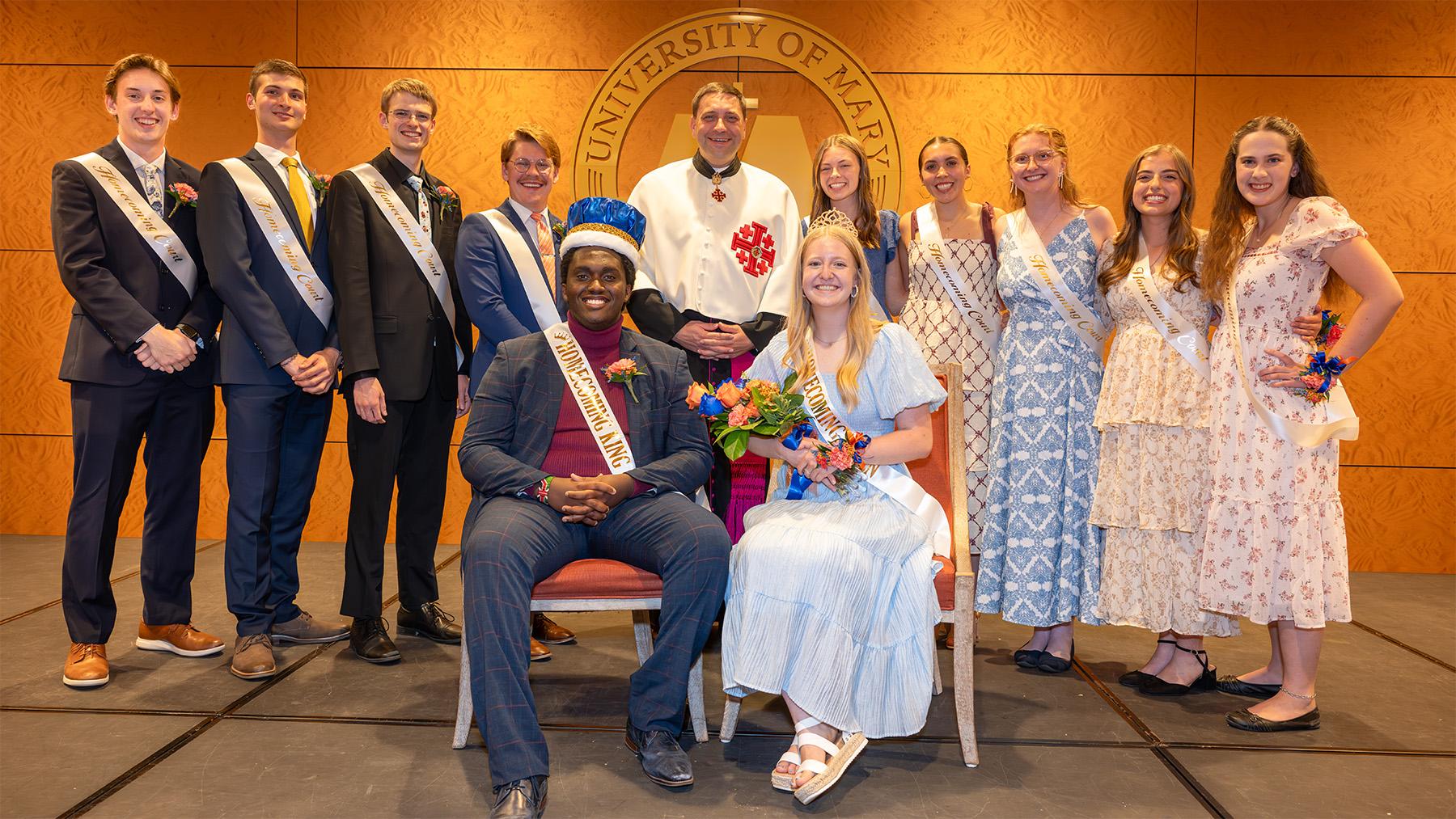The Bismarck Veterans Memorial Public Library has added digital radon detector kits to its “Library of Things,” thanks to a new collaboration with UND’s School of Medicine & Health Sciences and the American Cancer Society. Residents can now borrow these kits for 14 days to test their homes for radioactive radon gas.
Radon is a colorless, odorless gas that seeps into homes through cracks or foundations and is the second-leading cause of lung cancer in the U.S.
In North Dakota, many homes exceed the Environmental Protection Agency’s recommended safety threshold (4 pCi/L).
Digital detectors are reusable and provide results quickly—unlike older kits that required mailing to labs.
By placing these kits in the hands of Bismarck residents, the library aims to make radon testing truly accessible at no upfront cost.
The kits are part of the library’s “Library of Things” program, which already lends items like EMF meters and ghost-hunting gear.
In nearby communities (e.g., Grand Forks), similar UND-lent digital radon programs have been hugely popular—libraries there report dozens of checkouts.
This marks one of the first times Bismarck has deployed radon detectors via a public library, bringing state-level health outreach into local homes.
A Bismarck homeowner, Sarah Jensen, commented after borrowing a kit:
“I never thought about radon until the library offered this. Now I want to test my basement before winter.”
Dr. Gary Schwartz of UND’s School of Medicine & Health Sciences, part of UND’s radon outreach, notes:
“North Dakota homes often have elevated radon. These digital detectors remove key barriers—cost and slow lab waits—to testing.”
What to Do If You Borrow a Kit
Pick up the kit at the library checkout desk (with your library card).
Place the detector on the lowest lived-in floor (e.g. basement or main level).
Leave it for several days to record an accurate reading.
If readings exceed 4 pCi/L, consider remediation steps like sealing foundation cracks or installing proper ventilation. (EPA guidelines)
Return the kit after 14 days.
Local libraries lending health-monitoring tools may seem small, but they represent a shift: libraries becoming active hubs in community environmental health. Studies show that library lending of radon detectors is an effective public health strategy to increase testing uptake and may reduce lung cancer risks.
By bringing UND’s expertise and the American Cancer Society’s mission into Bismarck homes, this program helps turn awareness into action—making it easier for residents to protect themselves and their families.
A Safer Home Begins at the Library
With the flick of a switch and a quick placement of the device, Bismarck households can now take control of indoor air safety—no labs, no cost, just community tools for a healthier tomorrow.



